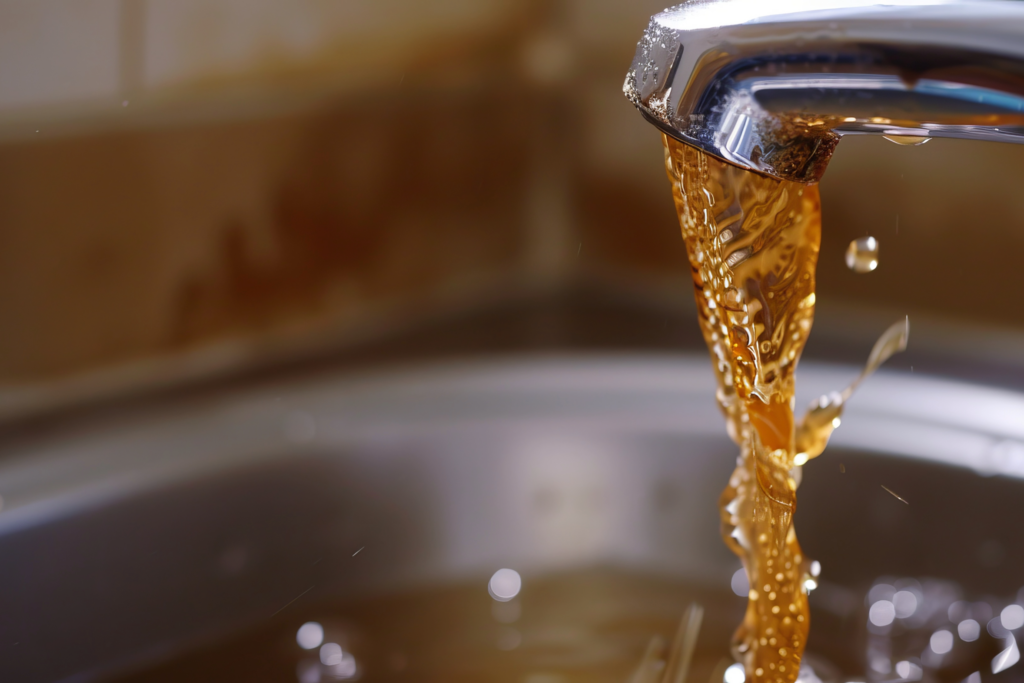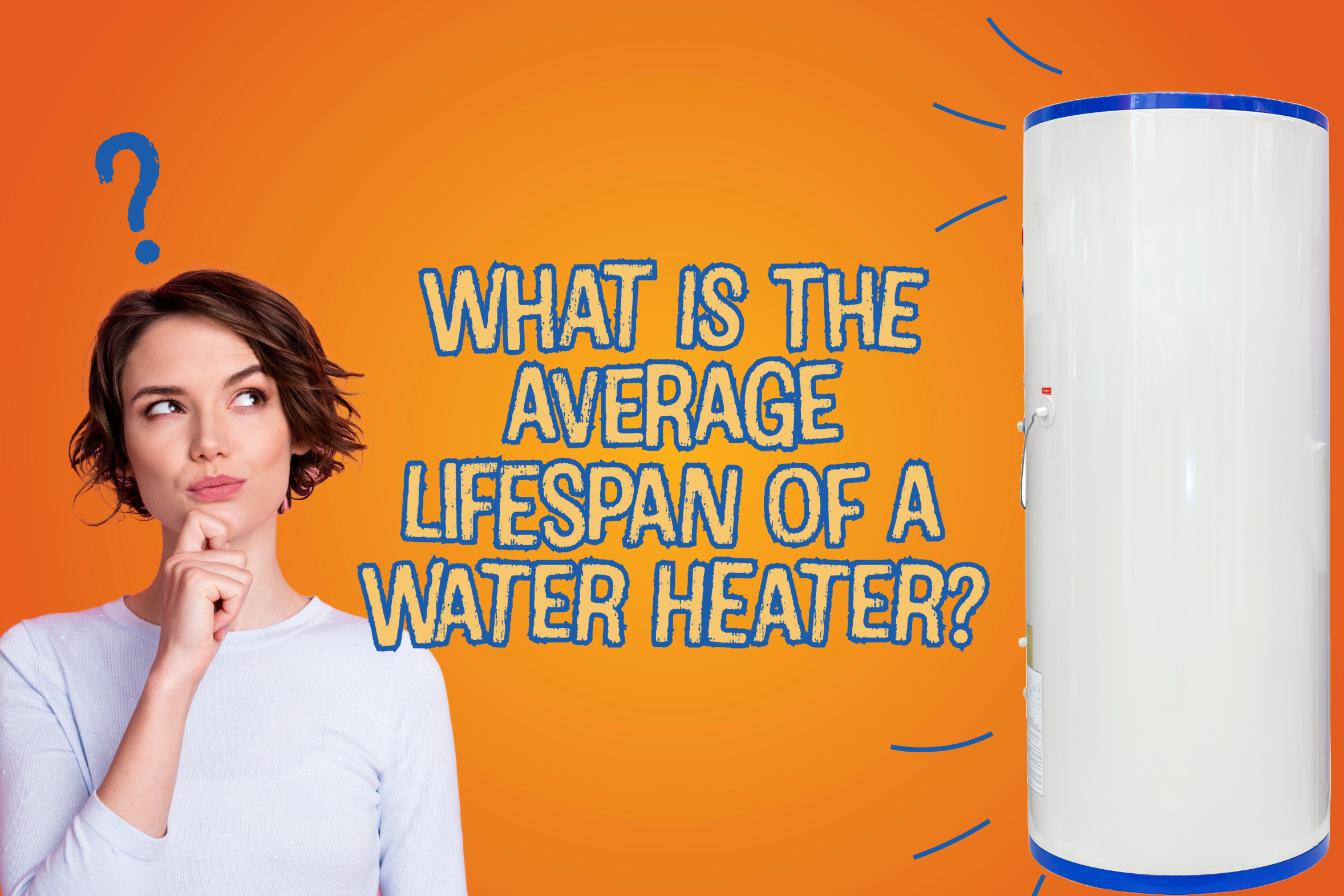Experiencing issues with your water heater and unsure what to do next? You’ve come to the right place! At Dublin Plumbing & Drain, we understand the challenges homeowners face with malfunctioning water heaters, especially if this is a new experience for you. Whether you’re questioning what to ask, determining if your water heater needs repairs or replacement, or understanding why a replacement might be necessary, we can guide you.
Our mission is to provide you with a seamless, stress-free experience for all your home-related needs. As experts in plumbing services, one of the most frequently asked questions is: What is the average lifespan of a water heater? So, let’s get into it.
What’s the Typical Lifespan of a Water Heater?
Typically, a water heater should last around 8 years. However, with proper care, some units can reach up to 10 years of functional life. So, just keep in mind that if your water heater has hit the ten-year mark, it’s likely nearing the end of its lifecycle. Proactive maintenance and planning ahead can help prevent unexpected issues. After all, no one enjoys dealing with unexpected problems.
How Does the Lifespan of a Water Heater Vary?
Several factors influence how long your water heater will last. Consider the following factors:
- Regular Use – Your water consumption significantly impacts the lifespan of your water heater. While we don’t suggest limiting your water usage, it’s still valuable to keep this in mind.
- Preventative Maintenance – Regularly scheduled check-ups and annual flushing are essential to increase the longevity of your unit. Neglecting these tasks can accelerate wear and tear.
- Water Quality – The type of water, whether hard or soft, can affect your water heater. Minerals like calcium and magnesium can build up over time, impacting your system’s lifespan and efficiency.
- Installation Quality – Poor installation can lead to faster wear and tear, potential damage, and even safety hazards for your household.
- Equipment Quality – Opting for a cheaper, lower quality brand of equipment for a heavily used machine compromises its lifespan. The materials used in these appliances greatly affect their overall functionality and endurance.
When Should You Consider Replacing Your Water Heater?

Several signs can indicate that your water heater is near its life’s end:
- Rusty Water – If the water from your faucet appears discolored or “rusty,” it’s a clear indicator that a replacement may be necessary soon. The same applies if your water has a “metallic” scent or taste.
- Water Not Heating – A water heater failing to meet your hot water needs could signal sediment buildup or wear and tear, suggesting a possible replacement.
- Water Leakage – If you notice water pooling around your unit, it’s crucial to get a professional assessment immediately. Depending on the issue’s source, a replacement might be required.
- Age – As mentioned, a water heater’s age is a significant factor in determining if it needs replacement. If your unit is over ten years old, it may be time to consider a new one.
- Frequent Repairs – Ongoing issues requiring multiple repairs indicate it could be more cost-effective to invest in a newer, more energy-efficient unit.
What Can You Do to Extend Your Water Heater’s Lifespan?
Since water heating constitutes roughly 18% of a household’s energy costs, keeping your water heater in top condition is essential. Regular maintenance not only ensures smooth operation but also extends its lifespan. Here’s what you need to know:
- Flushing Your Water Heater: Sediment buildup can cause your system to overheat, leading to costly repairs and a shortened lifespan. Regular flushing prevents these issues, maintaining efficiency.
- Avoiding High Water Temperatures: Excessively high temperatures wear down your water heater faster. Opt for moderate settings to ensure longevity.
- Preventing Exterior Rust Buildup: Rust on the exterior of your unit can lower efficiency and decrease life expectancy. Regular checks and maintenance can prevent this.
- Staying Current with Annual Maintenance: In addition, you should also never skip your annual plumbing inspections. Even if they seem unnecessary, they ensure that everything runs smoothly. A licensed plumber can identify and address minor issues before they escalate into major problems.

Keeping tabs on your water heater’s age is a smart practice to help plan ahead for its eventual replacement. Need assistance determining your water heater’s age or a free estimate for a replacement? Whatever your needs or questions may be, our professional team is here to assist you with all your water heater concerns.
Dublin Plumbing & Drain today at (614) 547-9979 or schedule an appointment online now by clicking here!




